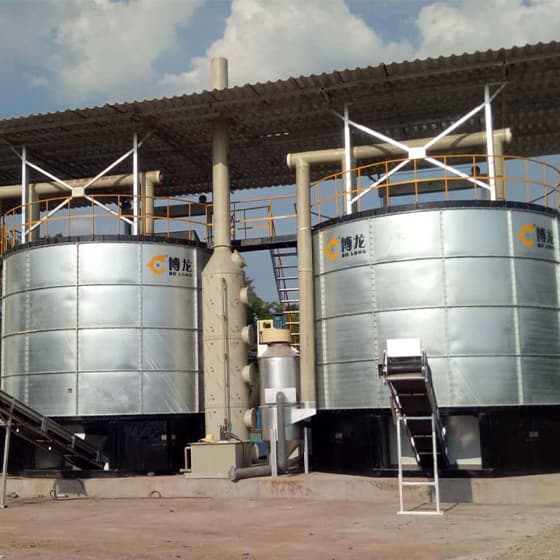Managing urban sludge is a critical challenge for cities. Urban sludge fermentation tanks provide a sustainable method for treating and converting sludge into useful compost, addressing both waste management and soil enrichment needs.

Urban sludge, generated from wastewater treatment plants, poses disposal challenges. It contains organic matter and nutrients, but improper handling can lead to pollution and health risks.
Urban sludge fermentation tanks use controlled aerobic processes to decompose sludge. These tanks create optimal conditions for microbial activity, transforming sludge into stable, nutrient-rich compost.
Fermenting urban sludge reduces its volume, stabilizes nutrients, and produces compost that can be used to enhance urban green spaces and agricultural land. This process also mitigates odors and pathogen risks.

Urban sludge fermentation tanks offer a sustainable solution for managing sludge. By converting waste into compost, they address urban waste challenges and support environmental sustainability.